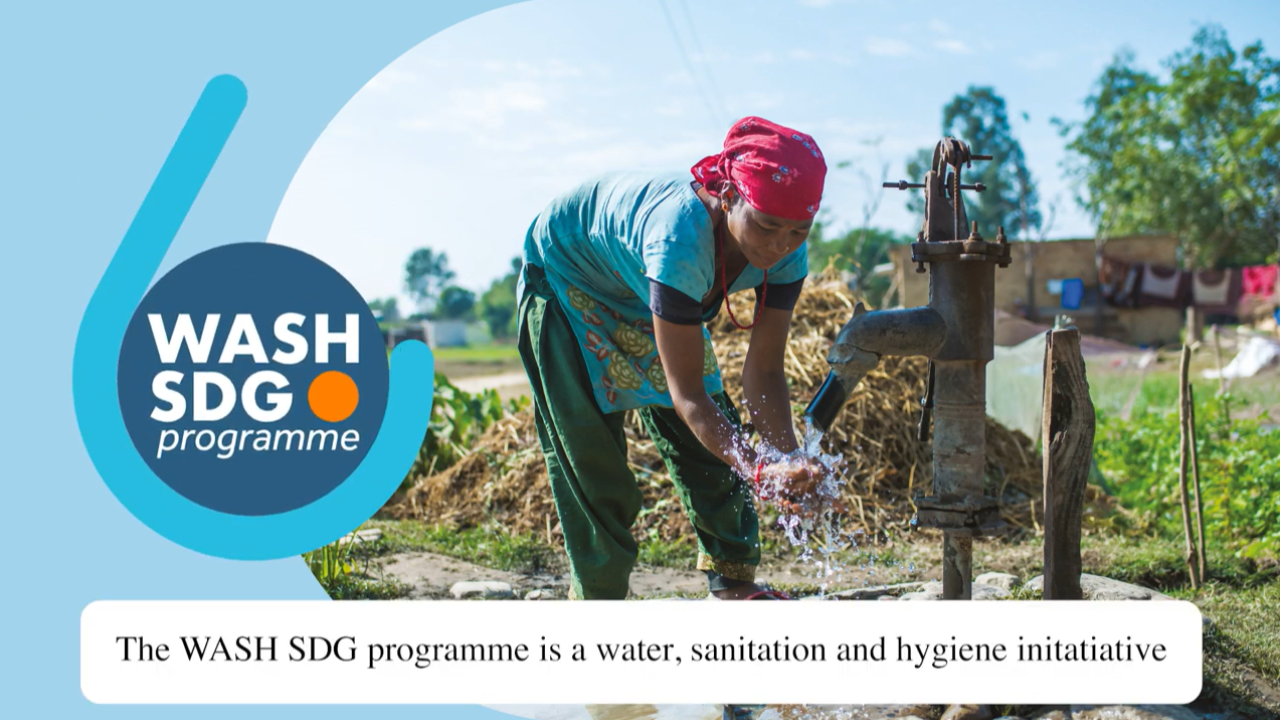WASH SDG: looking back with Simavi’s country coordinators of Nepal, Bangladesh and Uganda
The WASH SDG Programme is closing after 7 years. Simavi has led the WAI sub-programmes in Nepal, Bangladesh and Uganda. Navigating the systems strengthening approach towards inclusive, sustainable and climate-resilient WASH was not always easy but our country coordinators look back with pride.
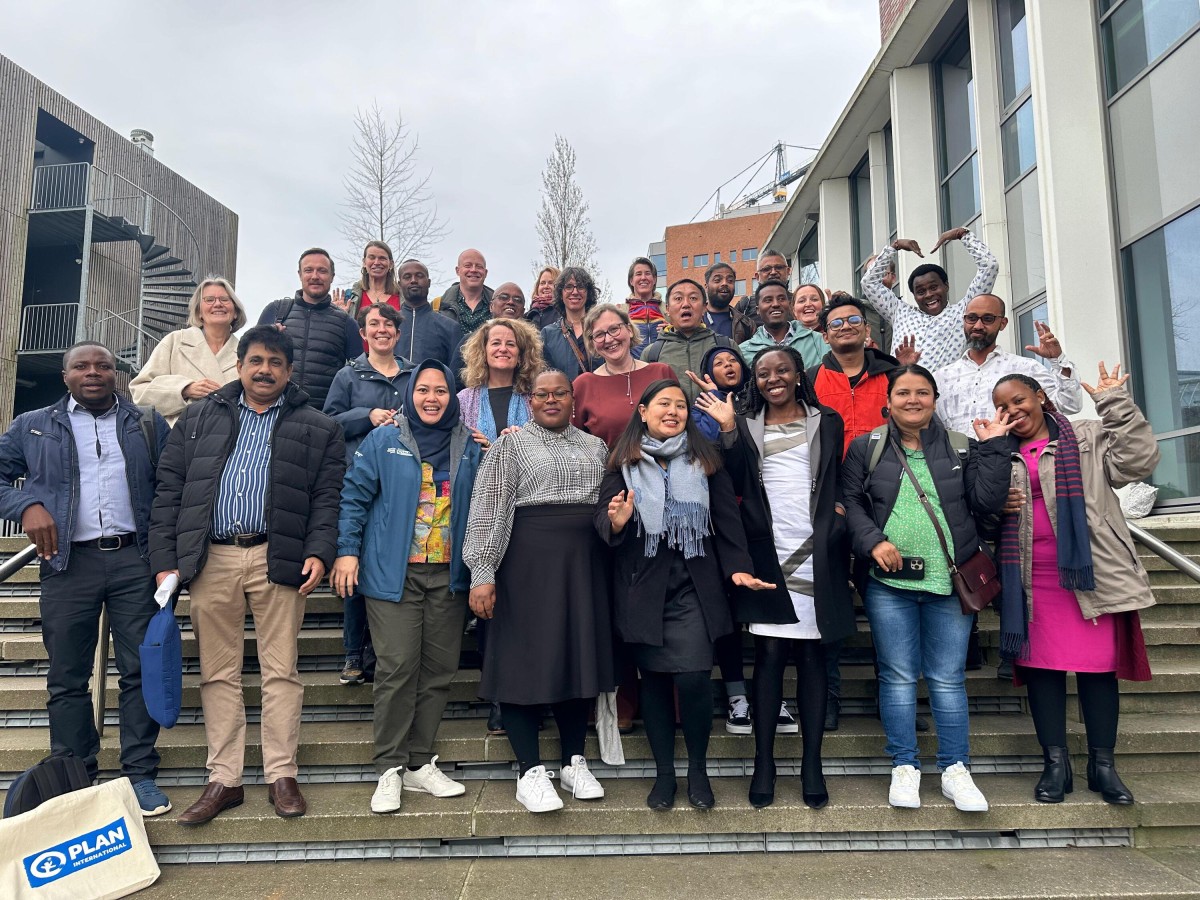
From scepticism by government officials to enthusiastic buy-in: the three country coordinators from Simavi have a lot to tell. Because 'now these government partners want a systems strengthening approach for future WASH programmes so they can carry out the work themselves.' Moreover, there is a lot to share about the importance and practicality of gender equality and social inclusion. A process that was hard to turn from concept into practice, but the results do not lie.
The start of the WASH SDG Programme
Mingma Sherpa, the country coordinator of Nepal shares that 'initially it was hard to convince the officials of the system strengthening approach. Even us, the team, had to be convinced. But once we were, we started to regularly meet with government officials and slowly we started to convince them of the approach. Now these government partners want a system strengthening approach for future WASH programmes so they can carry out the work themselves.'
Rashidah Kulanyi, the country coordinator of Uganda, explained that partners were excited about the system strengthening approach from the start 'Together with the Ugandan partners we have worked on different aspects of the system strengthening approach in the past. We were doing all this, but in silos. WASH SDG put it all together and allowed partners to work together.
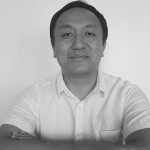
'Now these government partners want a system strengthening approach for future WASH programmes so they can carry out the work themselves.'
Leaving no one behind
Throughout the programme, there was a crucial focus on including gender equality and social inclusion (GESI) at every step of the way. Sherpa explains how this focus unfurled in Nepal, 'GESI is a cross-cutting theme. You need to believe in the importance of inclusion to implement it and we needed to have a concrete plan to do it. In the second phase of the programme, we allocated a GESI focal person at the partners so that their job would be to mainstream GESI in every activity. The process of empowerment takes time, and I was a bit sceptical at first, but it worked well.
One of our community mobilisers, Laxmi Pun, became the deputy mayor of one of the rural municipalities at the end of the programme. When we try to create demand for WASH, there is the process to empower women to be vocal and talk about their issues to get them addressed. We also saw this change when Sushila Chaudhary Gharti Magar from the women’s group Suryashakti came and talked during the closing event. I was touched by the speech she gave about the needs of women since she did not dare to speak up before and now addressed many stakeholders during a big event to advocate for her rights.'
Kulanyi also showcases how this approach has been taken up by partners, 'We provided GESI trainings to all our partners who then provided those same trainings on the district level. In this way, GESI was carried and taken up by all partners involved and they understood how to implement it. Then, through quarterly reviews, we assessed our strategy and results. We also worked closely with the district gender focal person who now has taken over part of the activities.'
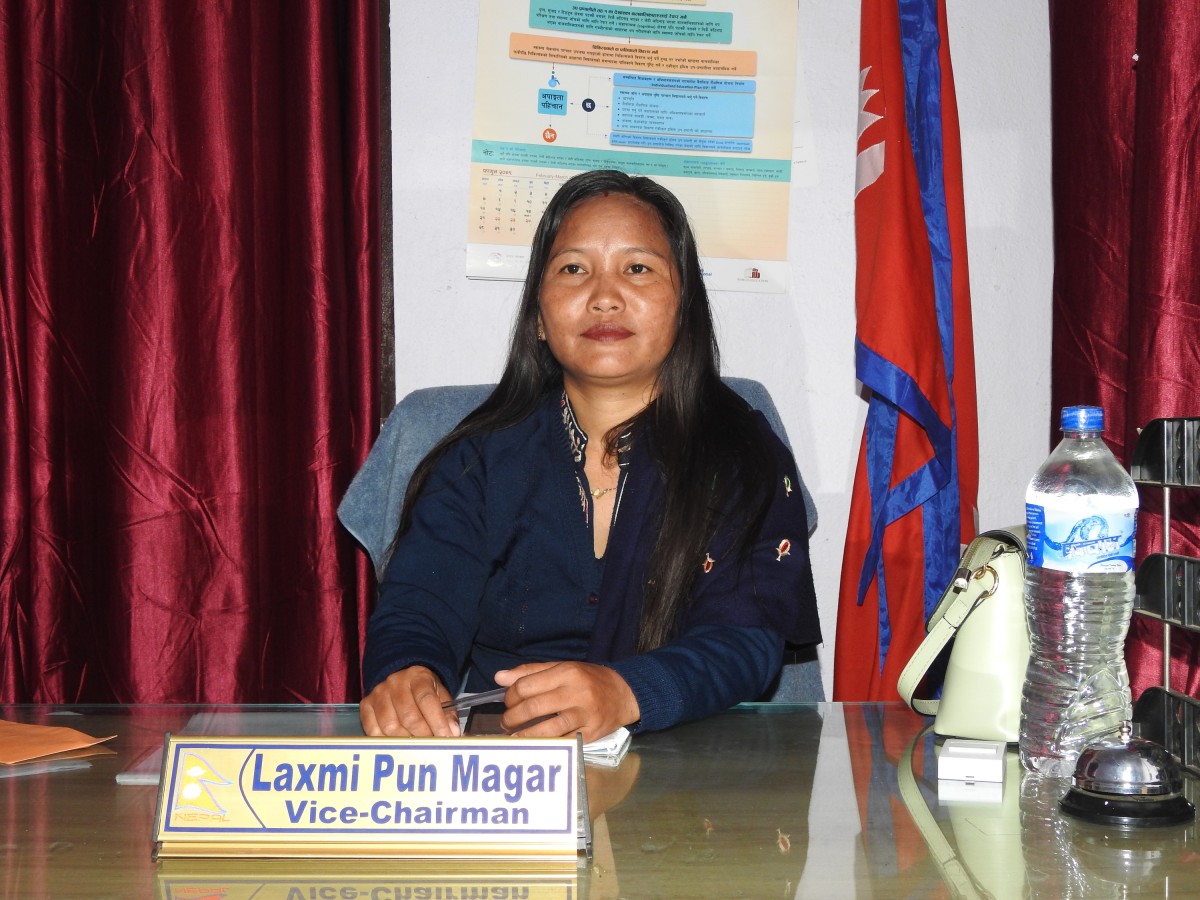
Alok Kumar Majumder, country coordinator of Bangladesh, sees the results regarding gender and gender roles in the work they do with the communities, 'changing societal norms is not easy, but we did manage to make changes on that level within WASH SDG. At the baseline only 3% of men were involved in household chores. During the endline, more than 30% of men are involved in household chores. More women are also finding employment as female entrepreneur which allows them more autonomy and freedom. For example, Salma Khatun, from Taltala, Satkhira Municipality became a WASH entrepreneur which majorly changed her life. Now she can maintain her family from the profits, and she is consulted by her husband whenever he wants to make decisions in the households. She was even elected as Chairperson of the women entrepreneurs association in Satkhira.'
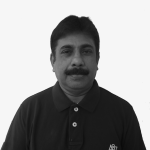
'At the baseline only 3% of men were involved in household chores. During the endline, more than 30% of men are involved in household chores.'
Creating change at the government level
There has not only been a change in the attitude towards WASH by the community, but also the government officials we have worked with have learned more throughout the programme. Majumder has worked with WASH SDG from the beginning and is proud to see how far the local and national government has come in their role as duty bearers.
'We have developed tools to ensure the accountability of service providers and governments such as budget tracking and GESI budget monitoring tools to increase the government’s WASH budget and to properly monitor the expenses. In our working area in Bangladesh, the budget increased at least 25% per region.'
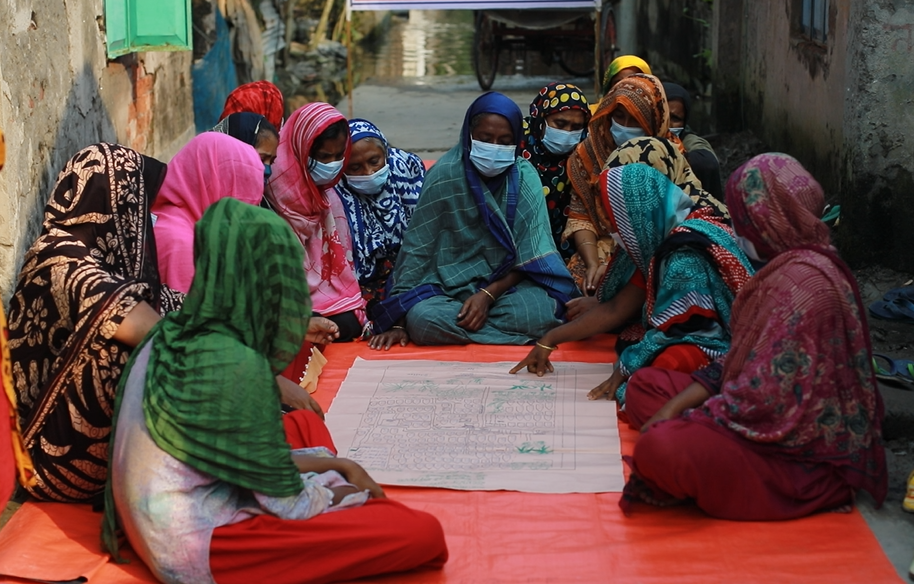
'Moreover, they have also introduced community-based monitoring and mapping. The monitoring of WASH service provision was very weak. Now, the people of the community can participate in setting the budget and they can monitor their progress themselves. This process is supported by government officials, who have been present over the last two years during all community-based monitoring sessions to take over this process to gain meaningful data about the status of WASH in their constituency.'
Kulanyi saw the increase of reliable data and the importance of it in Uganda as well, 'The Ugandan government has adopted the water and environment information system that will help budgeting and monitoring. It will provide them with real-time issues, it’s easy to update, has a good interface for the user and can be used with limited internet as well. When we started to implement the programme, the data showed that Agago, the local district in which we worked, had a 95% coverage of safely managed water. However, this was highly inflated since many water systems were broken down and needed to be decommissioned. We made sure that the system could reflect the issues on the ground so that the national and local governments could allocate funds to solve them. Therefore, we saw the budget go up and prioritize certain regions where it was especially dire.'

'We made sure that the real issues on the ground were addressed by the national and local governments. Therefore, we saw the budget go up for certain regions where it was especially needed.'
On to new WASH opportunities
The programme was taking off and they saw huge improvements especially in the second phase of the programme. The programme has reached its targets, but the country managers see many other opportunities they can tap into in the future.
Majumder shares how this programme is made to grow, 'we worked in very small area compared to the size of Bangladesh. There is scope to scale in other places. During our Bangladesh closing workshop, government officials expressed that they are investing in WASH infrastructure, but they lack the expertise on awareness raising, ensuring marginalised groups and women’s participation and including the private sector. In these areas, the Bangladesh government looks for CSOs and NGOs to step in. This would be a great space for us to continue our work.'
Kulanyi and Sherpa echo this statement, in which both countries have created great ties with the private sector, the government officials and the community and community groups. While the WASH system has majorly improved, more work can be done to create sustainable, equitable and inclusive WASH and we hope to create new opportunities in Bangladesh, Uganda and Nepal to do so.


